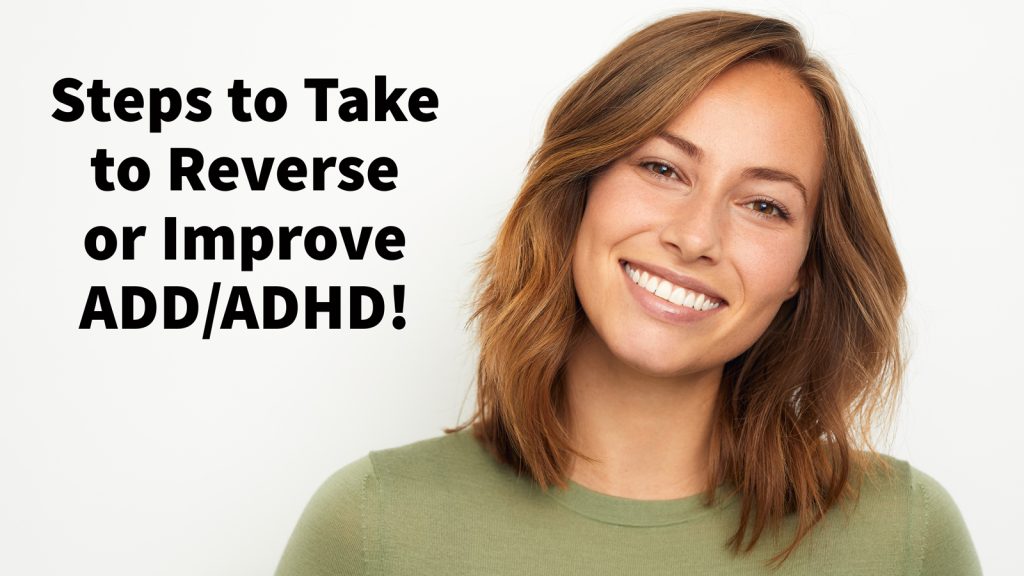1. ADHD: The Problems with Conventional Medicine
Open to access this content Heavy Metal Detox for ChildrenHeavy Metal Detoxification is critical for their development, behavior, digestion, immune function, IQ, cognitive skills, speaking ability, and so much more. Learn how heavy metals can adversely affect your child, where these toxins come from and how to safely detox your child from heavy metals.
1. ADHD: The Problems with Conventional Medicine Read More »





